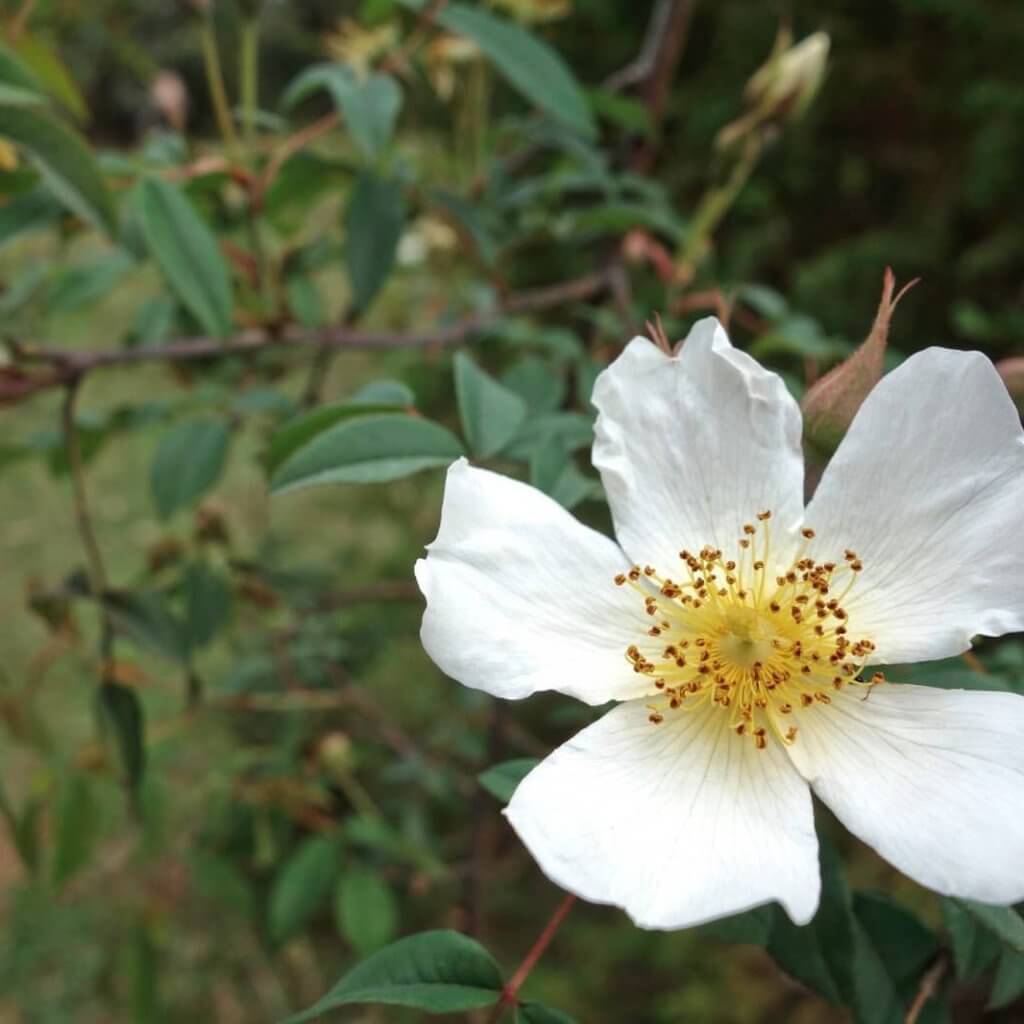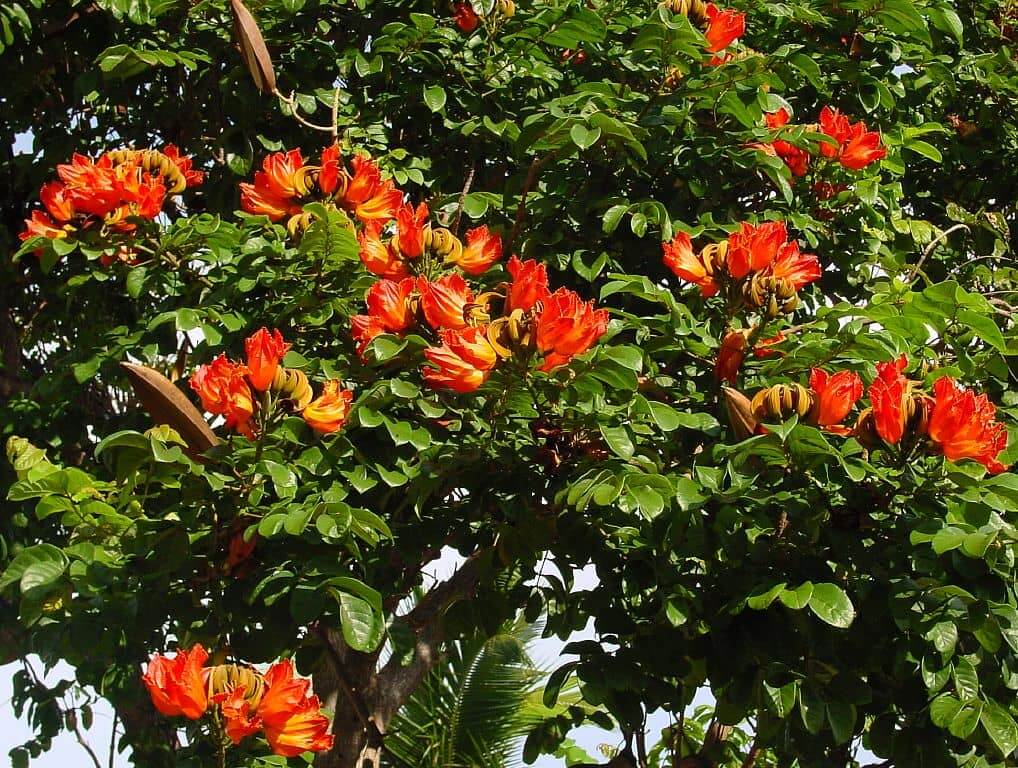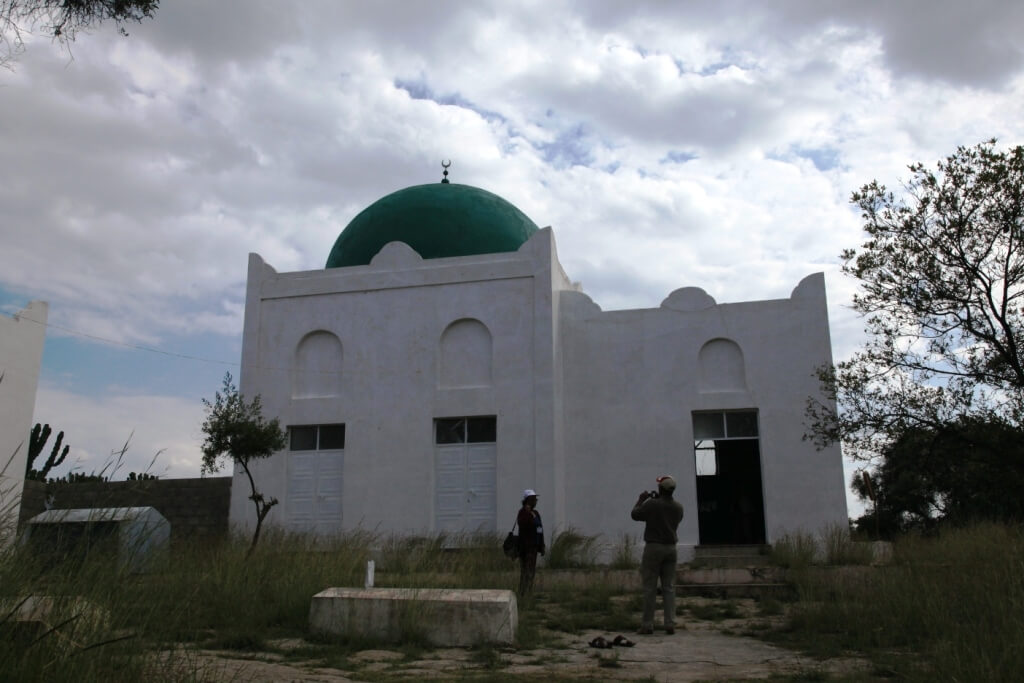Ethiopia is home to a diverse array of stunning flora, with its unique Ethiopian flowers showcasing the country’s rich botanical heritage. From the vibrant colors of the national flower, the Ethiopian Firewheel, to the exotic plants found throughout the region, the flowers of Ethiopia offer a glimpse into the beauty of its natural landscape. With a wide variety of plants in Ethiopia, including an assortment of trees and vegetation, the country’s floral diversity is truly a sight to behold. Join us on a journey to discover the enchanting world of flowers in Ethiopia and immerse yourself in the beauty of its ethereal blooms.
Native Flowers of Ethiopia
The Ethiopian Rose (Rosa abyssinica)

The Ethiopian Rose, known locally as Rosa abyssinica, is a wild rose species indigenous to the highlands of Ethiopia. Flourishing in the temperate climates of the Simien and Bale mountains, this rose is celebrated for its simple yet striking beauty. Characterized by its creamy white blossoms that can occasionally display a blush of pink, the Ethiopian Rose emits a delicate fragrance that is as enticing as its appearance. It’s not just a visual treat but also a symbol of purity and nature’s simplicity in the local culture. The resilience and elegance of this rose mirror the very essence of Ethiopia’s natural beauty.
The African Tulip Tree (Spathodea campanulata)

Although not originally native to Ethiopia, the African Tulip Tree has thrived in the Ethiopian environment since its introduction. This ornamental tree is admired for its vibrant, fiery orange flowers which appear in generous clusters and are shaped like tulips. Commonly found in the warmer, humid regions of southern Ethiopia, the African Tulip Tree is a favorite in many gardens and urban landscapes due to its striking appearance and the shade it provides. The flowers attract a variety of pollinators, making it an important player in the local ecosystem.
Other Notable Flowers
Ethiopia is also home to other remarkable flowers like the Kniphofia, commonly referred to as the Red-hot Poker, and the intricate beauty of the Calla Lily, which can be found in various parts of the country. These species, along with the exotic Poinsettia, which blooms vibrantly in the Ethiopian climate, add to the rich tapestry of flora that makes Ethiopia a botanist’s paradise. Each flower not only enhances the natural landscape but also contributes to the biodiversity that Ethiopia is known for worldwide.
Advantages of cultivating on Ethiopian market
Fertile Soil and Abundant Land
The fertility of Ethiopian soil is well-known, with a rich composition that supports the growth of high-quality floral products. The expansive, underutilized land presents vast opportunities for both small-scale farmers and large agricultural enterprises to develop their cultivation bases. This aspect is crucial as it lowers the barrier to entry for new initiatives and supports sustainable practices by allowing for crop rotation and other land management practices that maintain or enhance soil fertility.
Growing Export Market
Ethiopia’s strategic location with access to major ports like Djibouti allows for easy export routes to Europe and the Middle East, where the demand for cut flowers is high. The growth of the Ethiopian flower industry over the past two decades has positioned the country as one of the leading African exporters of cut flowers, especially roses. By leveraging our existing infrastructure and continuously improving our logistics and supply chain processes, we can further tap into international markets, increasing our export revenues and boosting the national economy.
Government Incentives and Support
The Ethiopian government recognizes the potential of agriculture and floriculture as key drivers of economic growth and offers various incentives to investors. These include tax breaks, import and export duty exemptions, and assistance in securing land and licenses. Such supportive policies not only attract foreign investment but also encourage local entrepreneurs to expand their businesses, fostering a robust agricultural sector.
Commitment to Sustainable Practices
As part of our commitment to sustainability, we advocate for and implement environmentally friendly farming practices. This includes integrated pest management, efficient water use strategies, and organic farming practices that reduce chemical inputs. By promoting sustainability, we not only enhance the appeal of our products in environmentally conscious markets but also ensure the long-term viability of our farming lands.
Collaboration with Research Institutions
Partnerships with local and international research institutions provide ongoing support for improving agricultural techniques and developing new plant varieties that are better adapted to local conditions. These collaborations help in advancing our agricultural knowledge base, leading to innovations in cultivation practices that increase yield, improve flower quality, and reduce environmental impacts.
Collaboration with Research Institutions
Ethiopia’s unique combination of diverse climatic zones, fertile soils, and supportive governmental policies creates an ideal environment for the cultivation of a wide array of flowers and plants. The strategic development of its floriculture industry not only taps into a growing global demand but also significantly contributes to the national economy through exports. By fostering sustainable agricultural practices and leveraging strategic partnerships, Ethiopia is poised to expand its influence in the global market, ensuring that the cultivation of Ethiopian flowers remains both an economically and environmentally sustainable venture. This vibrant sector not only showcases Ethiopia’s rich botanical heritage but also highlights the potential for sustainable growth and prosperity in its agricultural future.
Frequently asked questions
-
What makes Ethiopian flowers unique?
Flowers in ethiopia are ethiopian flower known for their diverse range of indigenous plant species, some of which are endemic to the region. This makes ethiopia a perfect destination for floral enthusiasts looking to explore a unique landscape.
-
How can I discover Ethiopian flowers during a visit to Ethiopia?
When visiting ethiopia, you can explore various flower gardens, national parks such as the Simien Mountains, and ethiopia's diverse landscape to discover a wide variety of indigenous ethiopian flowers in their natural habitat.
-
Are there popular Ethiopian flowers that are commonly found in the country?
Yes, some of the common ethiopian flowers you may come across include the Kniphofia (also known as the red hot poker), Chrysanthemum, Calla Lily, and various types of roses. These fragrant blooms are popular choices for both locals and tourists.
-
Can I buy Ethiopian flowers for my home or events?
Absolutely! You can visit local flower shops in ethiopia to purchase ethiopian flowers for your arrangements or events. White and orange blooms are particularly striking and available in abundance.
About Author
Meet Hanan Akmel, our SAAS SEO Specialist with a rich experience of 5 years in enhancing online presence for diverse clients. With a passion for digital landscapes and a keen eye for search engine trends, Hanan excels in crafting strategies that significantly boost search engine rankings and user engagement. Her expertise lies in seamlessly integrating technical SEO with content-driven approaches, ensuring a holistic growth for her clients’ digital footprint.
Subscribe to stay up-to-date with Ethiopia
Get the Free monthly newsletter








